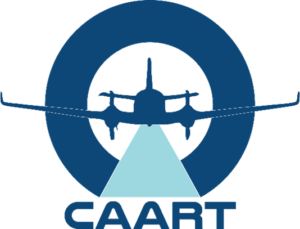The commercial use of drones is increasing in construction, agriculture, transportation, communication and surveillance, globally. This rise introduces the necessity to operate drones year-round and in an extended range of weather conditions. Heavy precipitation and strong winds are obvious limiting factors for both the operator and the aircraft / drones itself. However, during the winter season the risk assessment of icing conditions is a complex task, especially when the drone operates beyond the line of sight or autonomously.
The operation of aircrafts in icing conditions introduces the risk of failure and can result in damage or loss of the aircraft, the freight or in the worst case, damage or injury to third parties’ health or property.
The IceSafari project aims to reduce this risk.The complex evaluation of icing requires comprehensive knowledge of the microphysical processes of water and ice particles as found in mixed-phase clouds. Currently, these microphysical processes are not well understood and this lack of understanding continues to be a major source of uncertainty in numerical weather prediction and future climate projections.
The IceSafari project aims to reduce this uncertainty. The necessity to further the understanding of microphysical processes for both the threat of icing conditions on new technologies such as drones, and future state-of-the-art climate projections within IceSafari is a vivid example of research based innovation.
As such IceSafari will address two of the topics under the thematic area B: Environment: “Research on the climate changes and/or extreme natural phenomenon impact on natural and anthropogenic systems” and “Environmental impact and risk assessment of the modern, new and emerging technologies and products”.
The project deliverables will improve both advance climate and atmospheric research and introduce an innovative approach for the safe use of new technologies in the transport sector.
Beyond the scientific and technological goals stated above, IceSafari will also aim to establish, expand and maintain a long-term partnership between Romanian and Norwegian research and development organisations and academic institutions. The partners in this project will work together to develop high quality technology and scientific results at the research frontier. They will also contribute to educational activities resulting in the training of highly skilled personnel, as well as increase the application of research results to current societal needs. Furthermore, the above activities will l enhance the Romanian participation on the European and international science and innovation arena, through knowledge transfer and future joint activities.




















